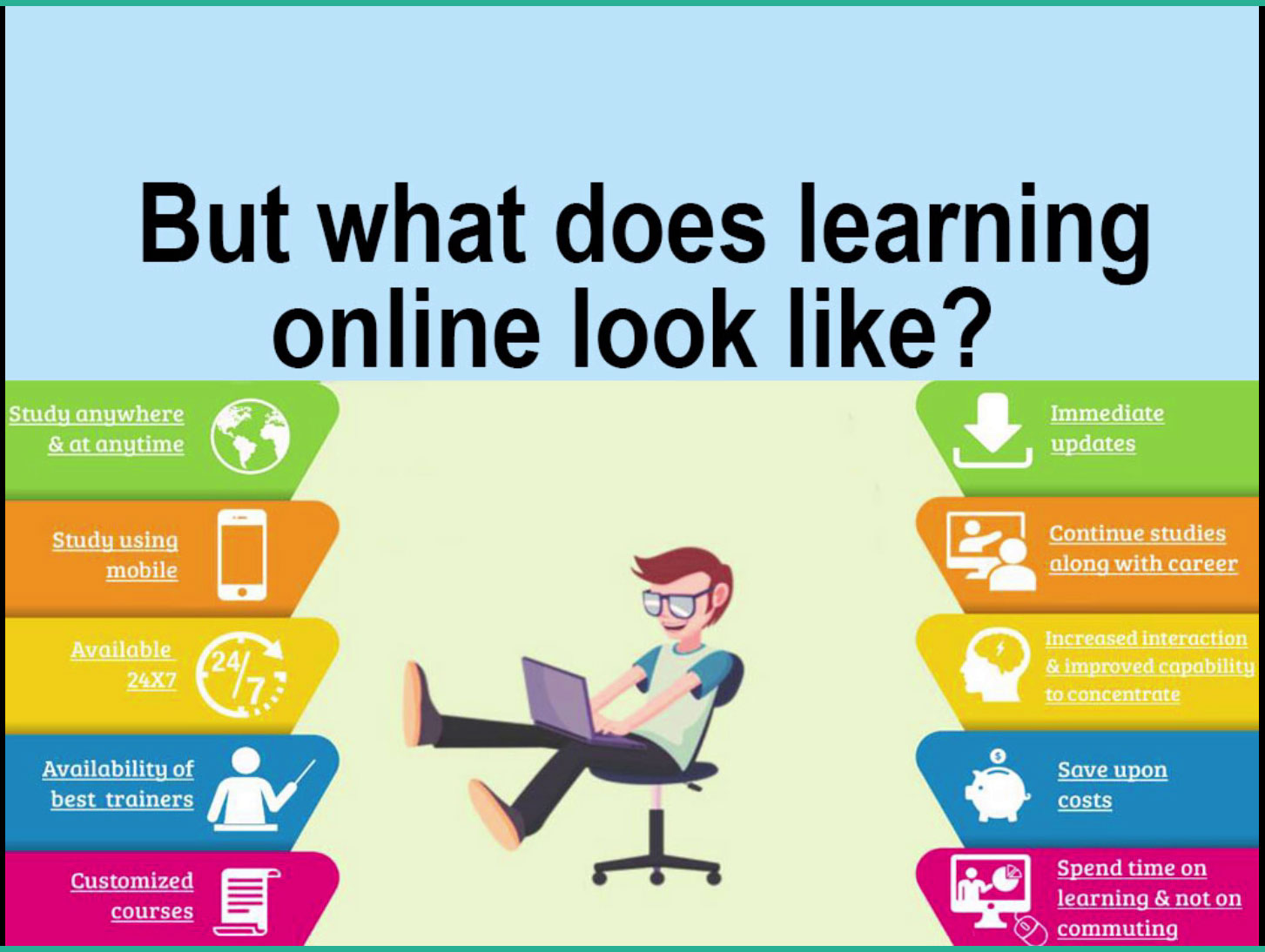Covid-19: Turning Lemons Into Lemonade
Updated April 24, 2020 - Published February 27, 2020
Covid-19 is already changing the way things are done. Call
it an unintended alteration to the status quo. In certain cases this can be a good
thing.
Universities and colleges are tremendously costly to operate and
staff.
Consider the the land, buildings, equipment, administrative, support
and teaching staff they require and it is easy
to understand why. Now add in travel costs, parking, fuel, the cost of
public transportation, travel time, suitable clothing, food, lunches,
boarding if required, plus books and printed materials where used, and
the costs just keep piling up.
Add in scheduling, staff time,
holidays, and you have basically a highly inefficient way of
transferring knowledge. That does not mean they do not offer
tremendous benefits, but in a world in which advancing everyone's
knowledge is critical, we have to learn to innovate, think outside of
the box, and get rid of the idea that only the educated can
innovate. The greatest inventions of all time did not come from
college and university graduates, think Edison, Tesla, Ford and I am
certain thousands of other inventive people from countries all over the
world. There is no question brilliance does come out of labs and
Universities all over the world, but it still takes innovation in those
environments, or even accidents to create world changing discoveries.
Covid-19 has thrown a wrench into the works, closing
educational facilities out of an abundance of caution, and in some
cases lectures are being moved online. This graphic
illustrates some of the benefits to students serious about learning and
mature enough to be responsible using online learning.

There are more benefits. People working together can create
linked study groups using Facetime, Skype and other conference programs
and apps. Profs and proctors may have specific knowledge and a unique
point of view, but there are numerous other opinions equally as
valuable you are not exposed to.
In addition, profs are in many ways regulated by the school and what
they are allowed to teach. Call it narrow think. Take away those
restrictions and a successful educator can establish a knowledge platform
independent of the curriculum the college or university authorizes.
Ideas, understanding and knowledge are the platform, not bricks, mortar and restrictive policies. On
the other hand, if Professors are spouting complete nonsense to
gullible and impressionable students and could be challenged, its call
free speech and democracy by the way, they do not want their lectures
to be heard by anyone but the gullible. It sounds like they are
taking a page from the intelligence community.
Professors Are Scared that Online Lectures Will Be Shared by ‘Right Wing Sites’
In many respects, a land based approach to learning significantly slows
down the learning process while adding significant costs. A
person committed to learning can do so much faster without these
constraints. Group chats and video facilitate interpersonal
discussion and anyone with a smartphone, tablet or PC, can participate.
Interaction with the educator is just as readily available, even more
so, when buildings, travel and time of day are removed.
Labs and other physical equipment are not there online, but traveling
to the facilities to use them can be added to the mix as required.
The bottom line, for those fortunate enough to be part of online
learning experiment, it offers a way to see first hand its potential to
educate millions quickly with greater flexibility and lower cost, and
concentrate the higher cost activities requiring labs etc, to campuses
when required. Overall it could prove to be a much more effective
use of resources at a lower cost to its customers, the
students.
The following articles discuss colleges and universities trying to use
online teaching during the period in which Covid 19 may prove to be the
most virulent:
https://www.npr.org/2020/03/06/812462913/6-ways-universities-are-responding-to-coronavirus
https://ktla.com/news/stanford-university-will-move-classes-online-due-to-coronavirus/
https://www.theepochtimes.com/university-of-washington-moving-all-classes-online-over-coronavirus-concerns_3262837.html
And there are rules
How Will That Even Work
One thing you will notice if you start searching about it, is a
concern by people earning a living from the land and buildings approach
that they will suffer a loss of income or control over your children due to classes or lectures being
closed.
Recognize their lobbying potentially as a roadblock thrown up to prevent you from
getting your education faster, cheaper, and better. Also look for
the propaganda that will be raised explaining why a cheaper and more
convenient way to learn is bad for you. You will see very little
about how it is bad for the people that you have to carry at great cost
to you to learn something.
The Potential Opportunity - A Few Discussions On The Idea
You need to explore these ideas and self invent ways to
participate and contribute if you are serious about changing things for
the better for a lot of people.
The Era of Online Learning - Niema Moshiri | TEDxUCSD
The Brave New World of Online Learning: Amy Collier at TEDxStanford
The Explosion of Online Educational Content: Ben Kamens at TEDxWakeForestU
Click here-- blended learning and the future of education: Monique Markoff at TEDxIthacaCollege
Tucker Carlson: Coronavirus crisis has exposed the higher education establishment charade
Could Coronavirus be the ‘Impetus’ to Rethink Education in America?
Is homeschooling ‘dangerous’? Response to Harvard Professor
